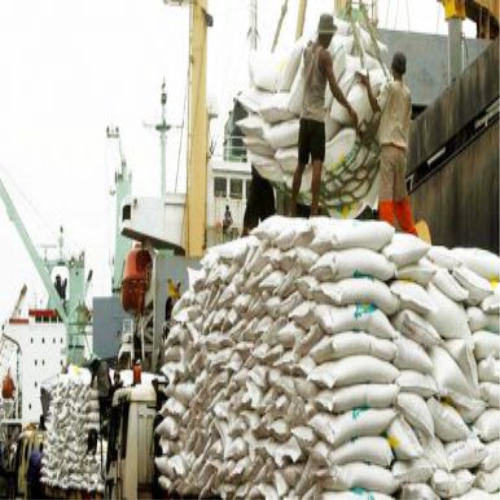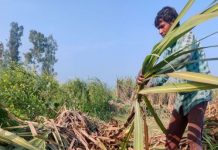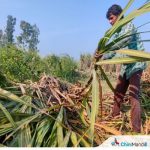Local sugar refiners have urged the government to lower the LC (letter of credit) margin for sugar imports to ensure a smooth supply during the upcoming Ramadan. According to local media report, the Bangladesh Sugar Refiners Association (BSRA), which represents five major sugar producers in the country, has formally requested that the LC margin for importing raw sugar to be at 10%. They have asked the government to facilitate this through the four state-owned banks: Sonali, Janata, Agrani, and Rupali.
The Association has pointed out that private sector banks are unable to open LCs for sugar imports despite the payment of the required amounts, whereas they were previously able to do so on a bank-customer relationship basis.
According to the BSRA, raw sugar imports for 2024 are about 36% lower than in 2023 and 51% lower than in 2022. The reduction in imports this year is largely attributed to the reluctance of commercial banks to open LCs due to the ongoing dollar crisis. Additionally, the rising price of raw sugar on the international market, coupled with the geopolitical tensions such as the Russia-Ukraine war and the Palestine-Israel conflict, have negatively affected global trade, further complicating sugar imports, reported The Financial Express.
Golam Rahman, Secretary General of the BSRA, explained, “We are unable to open LCs for importing sugar, so we have requested the government to allow imports at a 10% margin. We have also asked for action on other issues affecting the sector.” He emphasized the urgency of taking prompt measures to import enough raw sugar to meet demand during Ramadan. Without timely intervention, he warned, the Association could not be held responsible for any potential sugar shortages in the market.
The demand for sugar typically increases about 2.5 times during Ramadan compared to other months of the year, making it critical to secure adequate supply. The BSRA has stressed that immediate steps must be taken to ensure sufficient sugar imports well ahead of the fasting month to avoid a supply crisis.
Raw sugar is primarily imported from Brazil, a process that takes at least 45 days. Once imported, the sugar must undergo refining before it can be marketed, adding to the time required. “To ensure adequate supply during Ramadan, we need to begin importing now. Otherwise, it will be difficult to meet the demand, and there may be a severe shortage in the market during the fasting month,” Rahman warned.
For detailed information and further insights, please refer to Chinimandi.com, which provides news about the Sugar and Allied Sectors












